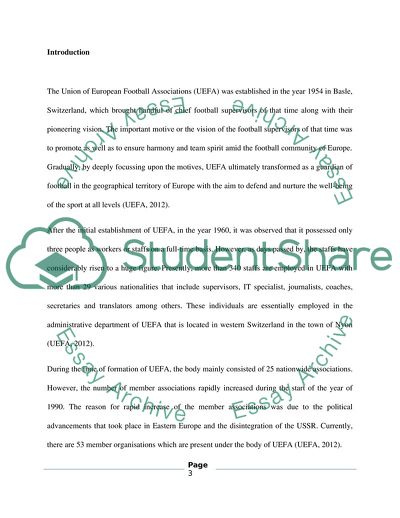Cite this document
(UEFAs introduction of Financial Fair Play Essay, n.d.)
UEFAs introduction of Financial Fair Play Essay. https://studentshare.org/finance-accounting/1770041-uefas-introduction-of-financial-fair-play
UEFAs introduction of Financial Fair Play Essay. https://studentshare.org/finance-accounting/1770041-uefas-introduction-of-financial-fair-play
(UEFAs Introduction of Financial Fair Play Essay)
UEFAs Introduction of Financial Fair Play Essay. https://studentshare.org/finance-accounting/1770041-uefas-introduction-of-financial-fair-play.
UEFAs Introduction of Financial Fair Play Essay. https://studentshare.org/finance-accounting/1770041-uefas-introduction-of-financial-fair-play.
“UEFAs Introduction of Financial Fair Play Essay”. https://studentshare.org/finance-accounting/1770041-uefas-introduction-of-financial-fair-play.


